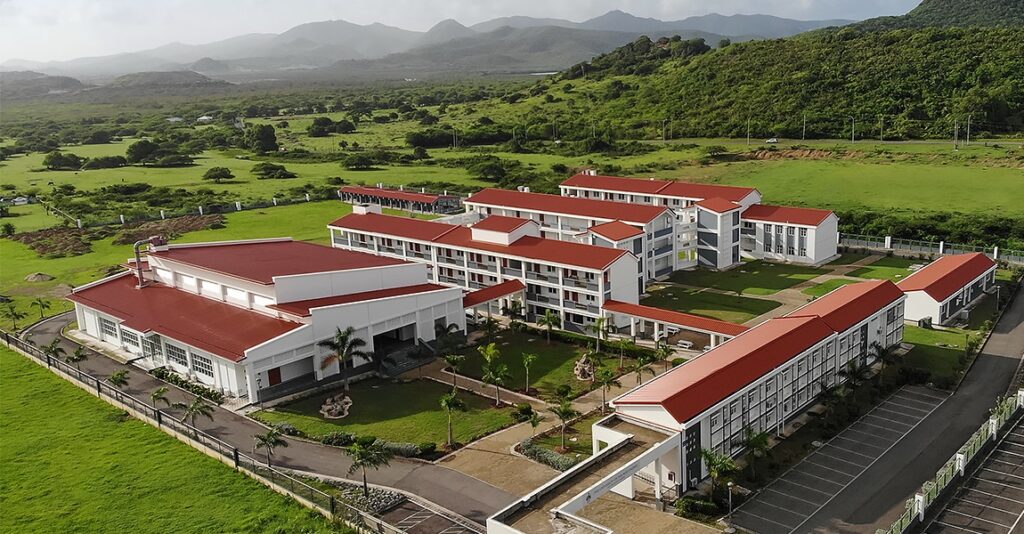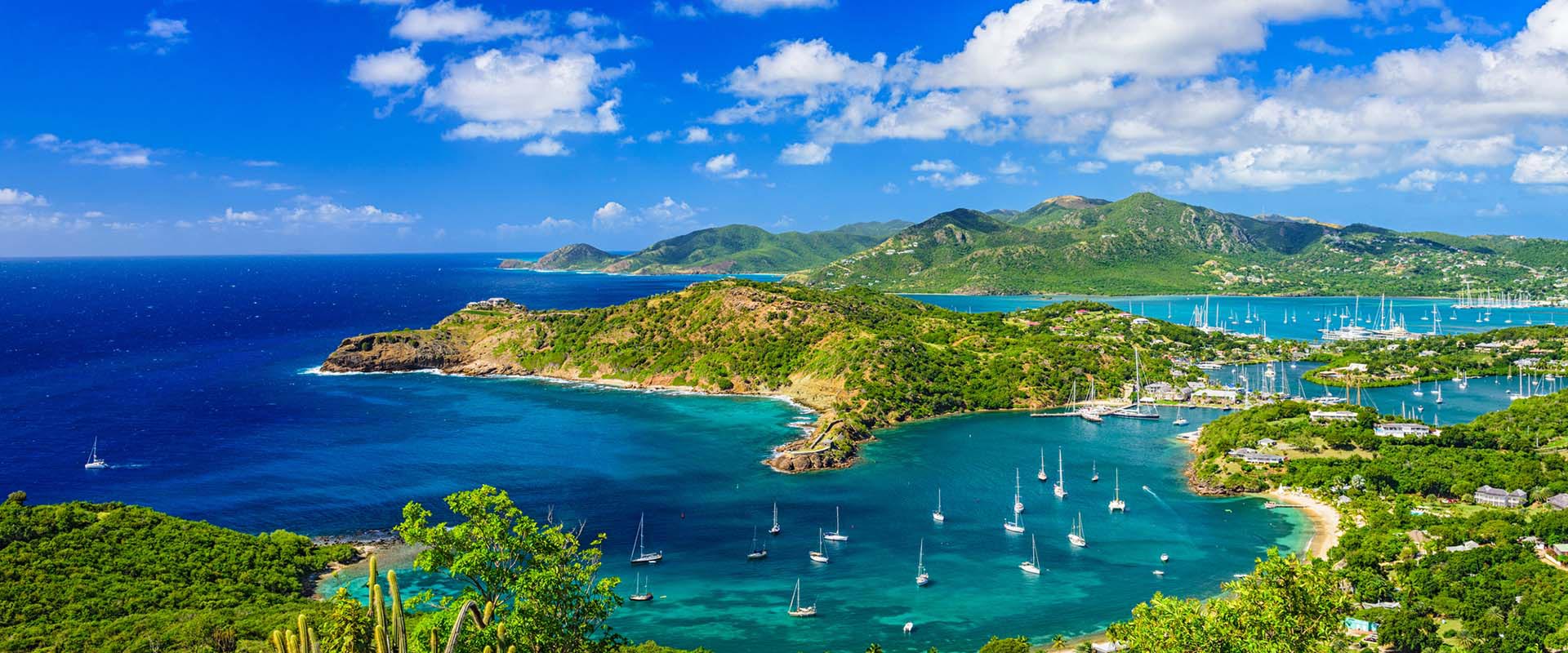The Caribbean islands are becoming increasingly attractive to those looking for a second passport, especially as several nations in the region, including Antigua and Barbuda, Grenada, Dominica, St. Kitts and Nevis, and St. Lucia, now offer citizenship currency for real estate investments starting at $200,000. The appeal is multifaceted: visa-free access to over 150 countries, tax incentives, and an attractive lifestyle seem to beckon in the face of rising political uncertainty in the United States.
Nadia Dyson, an estate agent in Antigua, notes that around 70% of current property buyers are seeking citizenship alongside their home purchase, with most clients from the U.S. Many Americans are looking for safety and stability amid political tensions, and the citizenship by investment programs have seen a 12% rise in applications over the past year, according to investment migration experts Henley & Partners.
Potential buyers view Caribbean passports as "insurance policies," offering freedom of travel and a safeguard against rising criminal activity and political strife at home. The migration surge was seen pre-COVID, but has intensified, prompting investment firms to expand their presence throughout the U.S.
Robert Taylor, a prospective retiree from Canada, expressed confidence in Antigua's CBI program. His $200,000 investment not only provides him with citizenship but also increases his mobility for business prospects. Despite broad benefits, these programs are mired in controversy, with significant division within the Caribbean community regarding the commodification of citizenship.
Critics cite potential risks, noting concerns about lax oversight that might allow criminal activities to permeate these nations. In response, officials from the Caribbean islands are committing to increased scrutiny measures and enhanced oversight to maintain the integrity of their programs.
This economic lifeline bolsters their GDP, generating funds necessary for infrastructure improvements and disaster recovery amidst ongoing global pressures. Notably, the region is working diligently to balance the need for revenue while addressing international concerns to ensure citizens can travel freely without compromising security.
CBI initiatives remain a vital economic conduit in the Caribbean, but they also confront the challenge of aligning foreign investment practices with local ethics and safety. In a delicate balancing act, these islands are striving to maintain their identities while safeguarding their prosperity through tourism and economic viability.





















